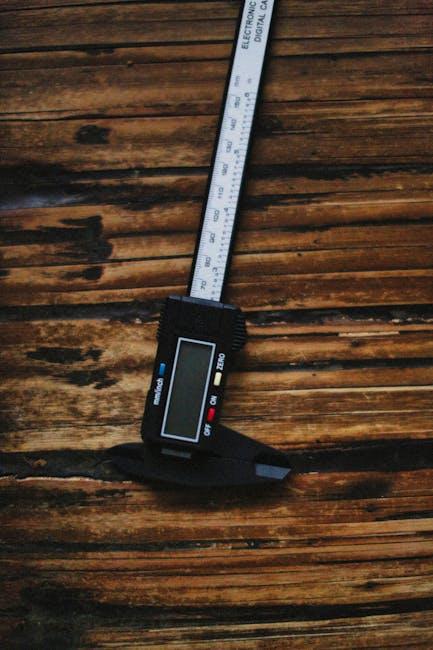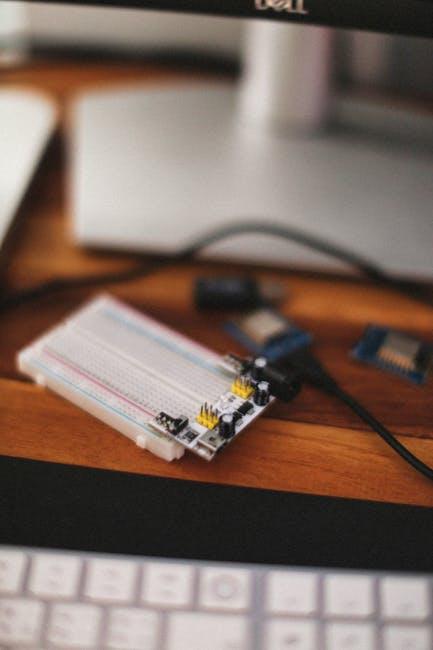
Smile Power Week Highlights Dangerous Trend of DIY Dentistry
Smile Power Week, a global initiative aimed at raising awareness about oral health, recently shed light on a concerning surge in DIY dentistry practices. While many individuals are exploring self-care options to maintain their smiles, this new trend poses significant risks that dental professionals and patients alike must understand.
What is DIY Dentistry?
DIY dentistry refers to the unsupervised self-treatment of teeth and oral issues at home, including:
- At-home tooth whitening using non-approved chemicals
- DIY braces or orthodontic aligners purchased online
- Attempting to repair cavities or broken teeth without professional guidance
- Extracting teeth or attempting invasive procedures at home
While technology and online resources have made dental care seem accessible, the lack of professional expertise and safe materials can lead to serious complications.
The Rise of DIY Dentistry: Causes and Influences
Several factors contribute to the rising popularity of DIY dentistry:
- Cost Concerns: High dental care expenses push some patients to seek affordable alternatives.
- Accessibility Issues: Limited access to dental professionals in certain regions drives self-treatment.
- Online Advertising: Aggressive marketing of at-home dental kits and orthodontics appeals to convenience seekers.
- Social Media Trends: Influencers demonstrating quick fixes create a false sense of safety and efficacy.
Dangers and Risks of DIY Dentistry
Smile Power Week emphasized the potential hazards of DIY dental interventions. These include:
- Severe Oral Infections: Non-sterile tools and improper techniques can cause bacterial infections.
- Permanent Tooth Damage: Incorrect treatments may lead to irreparable enamel erosion or tooth fractures.
- Misalignment and Bite Issues: Unsupervised orthodontic attempts risk long-term jaw problems.
- Delayed Professional Care: DIY attempts often mask symptoms or worsen conditions, delaying proper diagnosis.
- Systemic Health Risks: Untreated oral infections can affect heart health, pregnancy, and diabetes management.
Expert Opinions from Dentistry Today
Leading experts featured in Dentistry Today have spoken out against the DIY dentistry trend. Dr. Emily Carter, a prosthodontist, notes:
“Patients often underestimate the complexity of dental anatomy and healing. DIY dentistry can cause irreversible damage that affects overall health.”
Dentistry Today recommends regular check-ups with licensed professionals and cautions against unproven home remedies.
Practical Tips for Safe At-Home Oral Care
While DIY dentistry is risky, there are safe ways to maintain your oral health at home between dental visits:
- Maintain Routine Hygiene: Brush twice daily with fluoride toothpaste and floss regularly.
- Use Dentist-Recommended Products: Only use over-the-counter products approved by dental associations.
- Avoid Unapproved Whitening Kits: DIY bleaching agents may be harmful; opt for professional alternatives.
- Monitor Symptoms: Report any pain, swelling, or bleeding promptly to your dentist.
- Regular Dental Visits: Schedule exams and cleanings every six months or as recommended.
Case Study: The Consequences of DIY Braces
Consider Sarah’s experience, a 28-year-old who purchased online clear aligners without professional supervision. After a few weeks, she experienced:
- Severe jaw pain and headaches
- Misalignment worsening due to incorrect application
- Inflammation of gums requiring antibiotic treatment
Sarah eventually sought professional care, which involved corrective orthodontic treatment and months of recovery—costing her significantly more time and money than guided treatment would have.
Summary Table: Comparing DIY Dentistry vs. Professional Dental Care
| Aspect | DIY Dentistry | Professional Dental Care |
|---|---|---|
| Cost | Low upfront but high risk of expensive complications | Higher initial cost with insurance options and preventive care |
| Safety | Unregulated, risk of infection and damage | Performed by licensed experts using sterile equipment |
| Effectiveness | Uncertain and often temporary | Clinically proven, durable outcomes |
| Convenience | Easy to start but may require emergency care | Requires appointments but promotes long-term oral health |
Conclusion
Smile Power Week serves as a crucial reminder about the dangers of DIY dentistry and the importance of professional oral care. While at-home dental maintenance is vital, attempting complex treatments without expert guidance puts your smile—and your health—at serious risk. Always consult with a licensed dentist before trying new dental products or procedures, and prioritize safety and effectiveness over quick fixes. Your smile is worth professional care.
For more dental news and tips, stay tuned with Dentistry Today, empowering you to achieve your brightest and healthiest smile safely.


